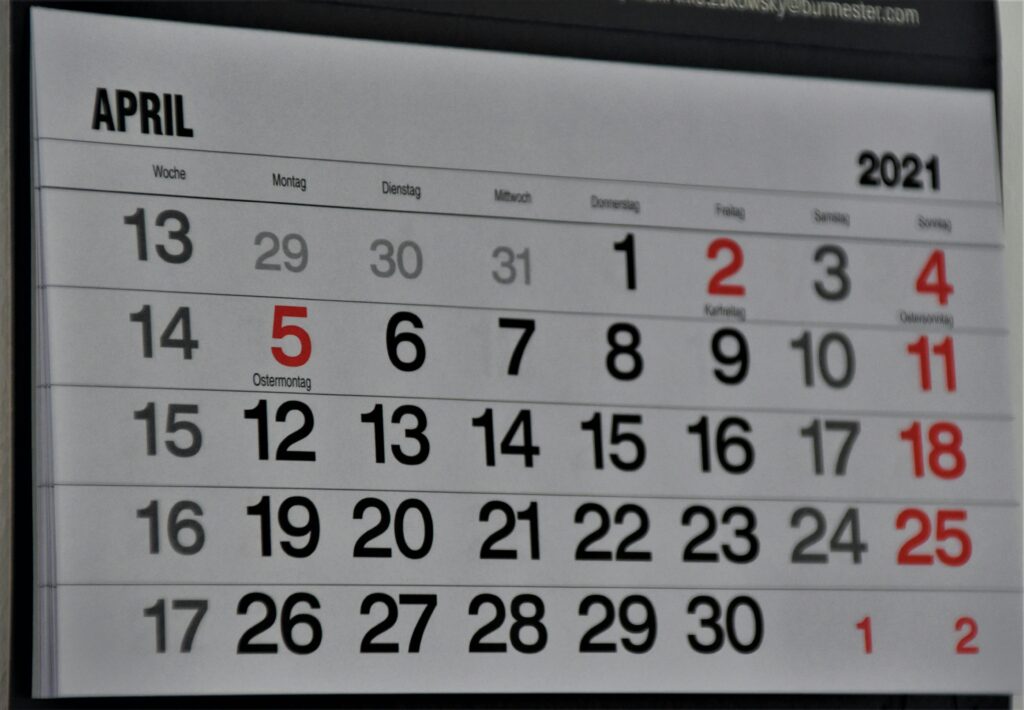
Since the Fourth of July falls on a Thursday this year, and since I post on Thursdays. I’m going to interrupt the current series to say something about the holiday.
I suppose I could say something about what it means to be an American, and about the sacrifices of the many who have bestowed this blessing on us. I could engage my inclination toward theology to discuss the concept of independence as the Bible presents it, or the significance of our national identity against the backdrop of divine providence. I could meditate on the importance of celebration, or the joys of tradition, or what happens when someone uses fireworks foolishly. Or even about why the Articles of Confederation didn’t work out so well.
Maybe on a future Independence Day, one on a Monday or a Thursday, I’ll hit some of those ideas. But this time, I want to point out the day’s relationship to a very large theological theme.
Political liberty is a divine gift. The American founders recognized that fact without apology, and various leaders along the path of its history have repeated the theme—leaders as theologically diverse as Abraham Lincoln and Franklin D. Roosevelt and John F. Kennedy and Ronald Reagan.
I’ve had the privilege of being in at least two other countries—one in Asia, one in Africa—as they were celebrating their independence days. I found it oddly satisfying to rejoice with them in their freedom, to feel something akin to patriotism toward a land that was not my own. (I suppose the fact that both countries were celebrating independence from Great Britain gave my Patriot heart a certain resonance with theirs.) I’d suggest that it’s perfectly normal for God’s people to celebrate his gifts to others (Ro 12.15).
And speaking of gifts, the Bible spends quite a bit of time talking about a specific class of gifts that God gives to his people, which he calls charismata, “spiritual gifts.” He makes it very clear that God is lavish with these gifts, seeing to it that every individual believer has at least one, and distributing personally through his Holy Spirit (1Co 12.11-13). We are not to take credit for the abilities these gifts entail, for we did not earn them; God has given them freely.
But on the other hand, he expects us to steward them, to use them wisely and effectively. He expects us to develop them, to make the best use of them that we can (2Ti 1.6). We will give account for that stewardship.
In a similar way, even as we rejoice in the delights of the gift of freedom, we are not to be casual about them, for they are the gift of God. We hold a solemn responsibility to steward our freedom, to make the best use of it. I would suggest a few specific ways we can do that.
- By not abusing it. I am free to do all sorts of things, but that fact does not mean that I ought to do everything I am free to do. I am free to speak my mind to political adversaries, but I will give account for every idle word that I speak (Mt 12.36), particularly words that imply my adversaries are not, like me, created in the image of God (Ge 1.26-27) and of infinite value. I am free to spend my hard-earned money on myself, but I am not free to ignore the plight of those in need.
- By attempting to extend it to others. I have fellow citizens whose freedom, and other natural and constitutional rights, are being impinged; and of course citizens of multiple other countries are in a similar or worse condition. I can steward my freedom by using it to expand the freedom of others.
- By defending it. My country has not called on me for military service—I learned as a teen that the government was not particularly inclined to let someone with only one working ear fly its multi-billion-dollar fighters—but I can defend it in other ways. All that requires is being attentive and inclined to take a stand.
Gratitude for God’s gifts, and stewardship of it. Most of theology is about giving balanced attention to both divine sovereignty and human responsibility.
To my American friends, Happy Fourth.
And to my other friends, I rejoice with you in God’s particular kindness to you.
Or, as we say in my region of my country, to y’all.
Photo by chris robert on Unsplash






